In this week's edition
- ✍️ Letter from P'Fella
Are you ready for the AI hype train? - 🤓 The Sunday Quiz
Gorlin Syndrome and BCCs - 🎭 Upcoming Events
Top 6 events in 2023. - 🔥New Features
"Ask P'Fella" - you ask, P'Fella answers. - 📸 Image of the Week
AI-generated Congenital Naevus - 🐣 Tweets of the Week
P'Fella's 3 favourite tweets - 🤔 Ask P'Fella
Submit & I'll answer! - 📝 Articles of the Week
How to cope with intra-op mistakes & 3 hot reads. - 💕 Feedback
Always looking to improve :)
BTW: There'll be a new episode of "Prep with P'Fella" on Spotify and Apple this week.
A Letter from P'Fella
We are not ready for the "AI in Plastic Surgery" hype train.
AI is no longer just a buzzword in plastic surgery, it's becoming a reality. The number of AI-related publications in our field has skyrocketed from just a handful in 2010 to over a thousand by 2020. This surge in interest is not just a passing trend, it's a sign of the transformative role AI is starting to play in our field.
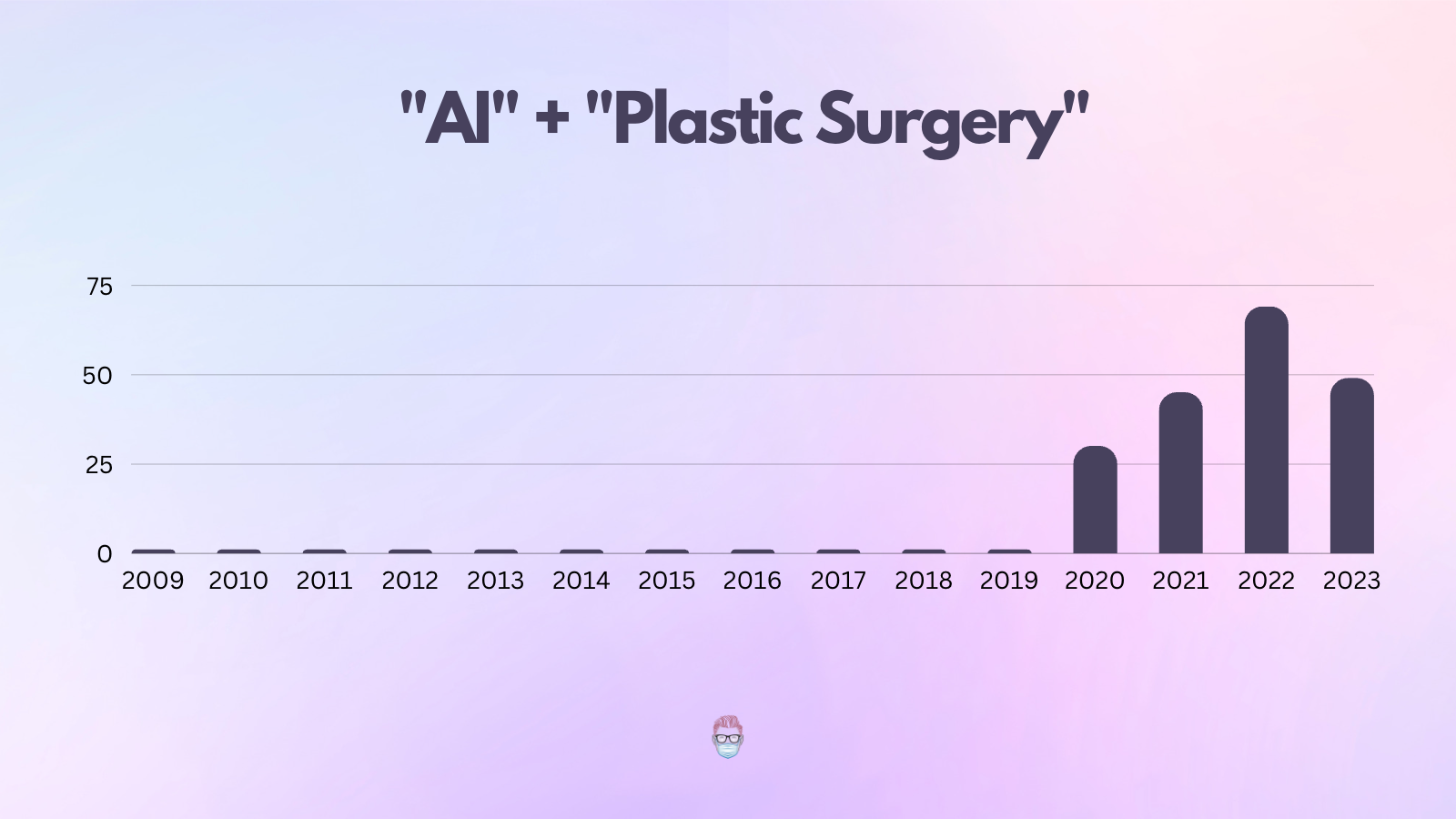
As we look to the future, it's clear that AI is a powerful tool that can assist us in diagnosis, therapeutic decisions, preoperative planning, and outcome prediction and evaluation. But let's be clear, it's not about to replace us. Until we reach the point of Artificial General Intelligence (AGI), the final decision will always rest with us, the surgeons. We bring to the table years of experience and a nuanced understanding of our patients' unique needs and desires.
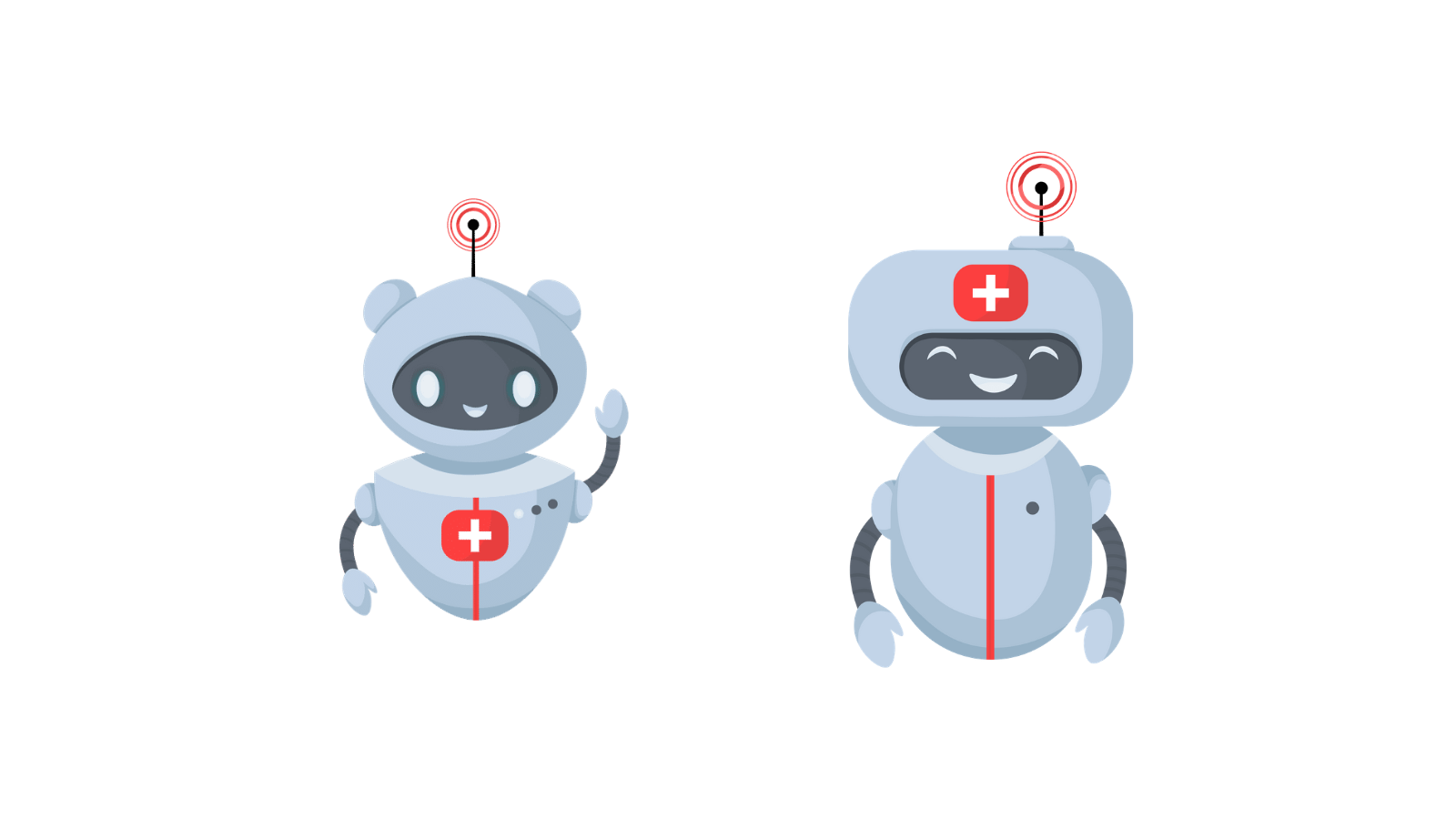
One aspect of this AI revolution that I want to highlight is the role of journals. We need more than just any doctor reviewing AI research. We need reviewers who are well-versed in both plastic surgery and AI. This will ensure that the research we base our practice on is sound, and the AI tools we use are reliable and effective.
And let's face it, journals are likely to be more than willing to publish AI topics. It's a hot field, and more publications on AI means more citations, which in turn means a higher impact factor. It's a win-win situation.
But here's something we need to be mindful of. AI has the potential to outsmart any human verification system. This means we need to be vigilant when it comes to the validity of results. As we move forward, we need to ensure that the AI-generated data and results we're using are accurate and reliable.
So, are we prepared to welcome AI into our operating rooms and consultation suites? By keeping ourselves updated with the latest research, championing for stringent review standards, and staying vigilant of potential pitfalls, we can leverage AI to not just enhance our practice, but also to redefine the standards of patient care. This isn't just about keeping up with the times - it's about being pioneers in a new era of plastic surgery. Let's lead the charge together, and see where this exciting journey takes us.
Lots of love,
P'Fella ❤️
TL;DR:
1. AI is reshaping plastic surgery but won't replace surgeons until AGI is achieved.
2. Journals need AI-savvy reviewers to ensure the validity of AI research and tools.
3. Embracing AI requires vigilance and rigorous review standards to enhance patient care.
The Sunday Quiz
Gorlin Syndrome and BCCs
Gorlin syndrome (Basal Cell Naevus Syndrome) is an autosomal dominant condition associated with PTCH gene mutations on chromosome 9.
Some of the clinical features of Gorlin syndrome are illustrated below
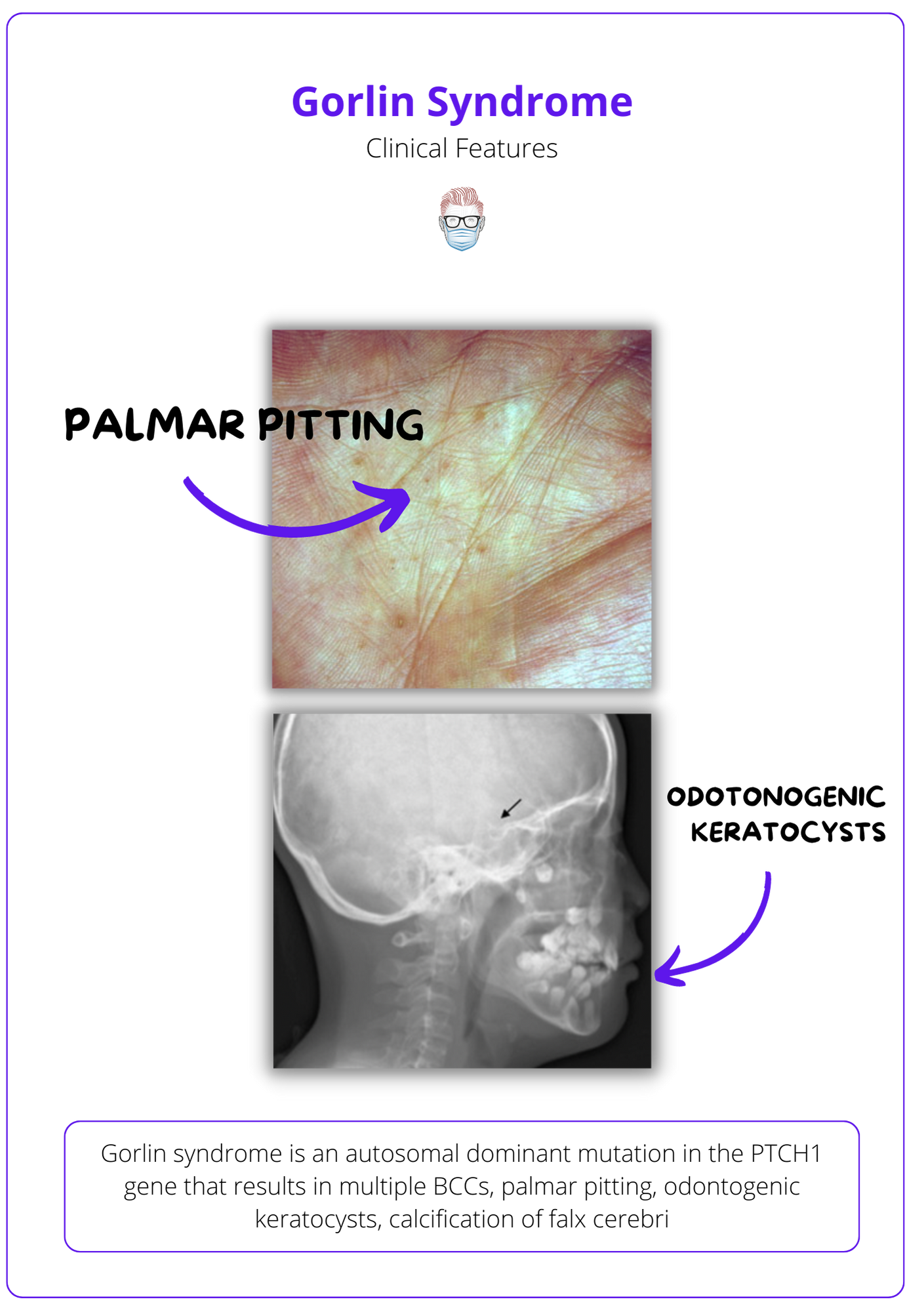
Upcoming Events
Events, Courses, Conferences, Webinars
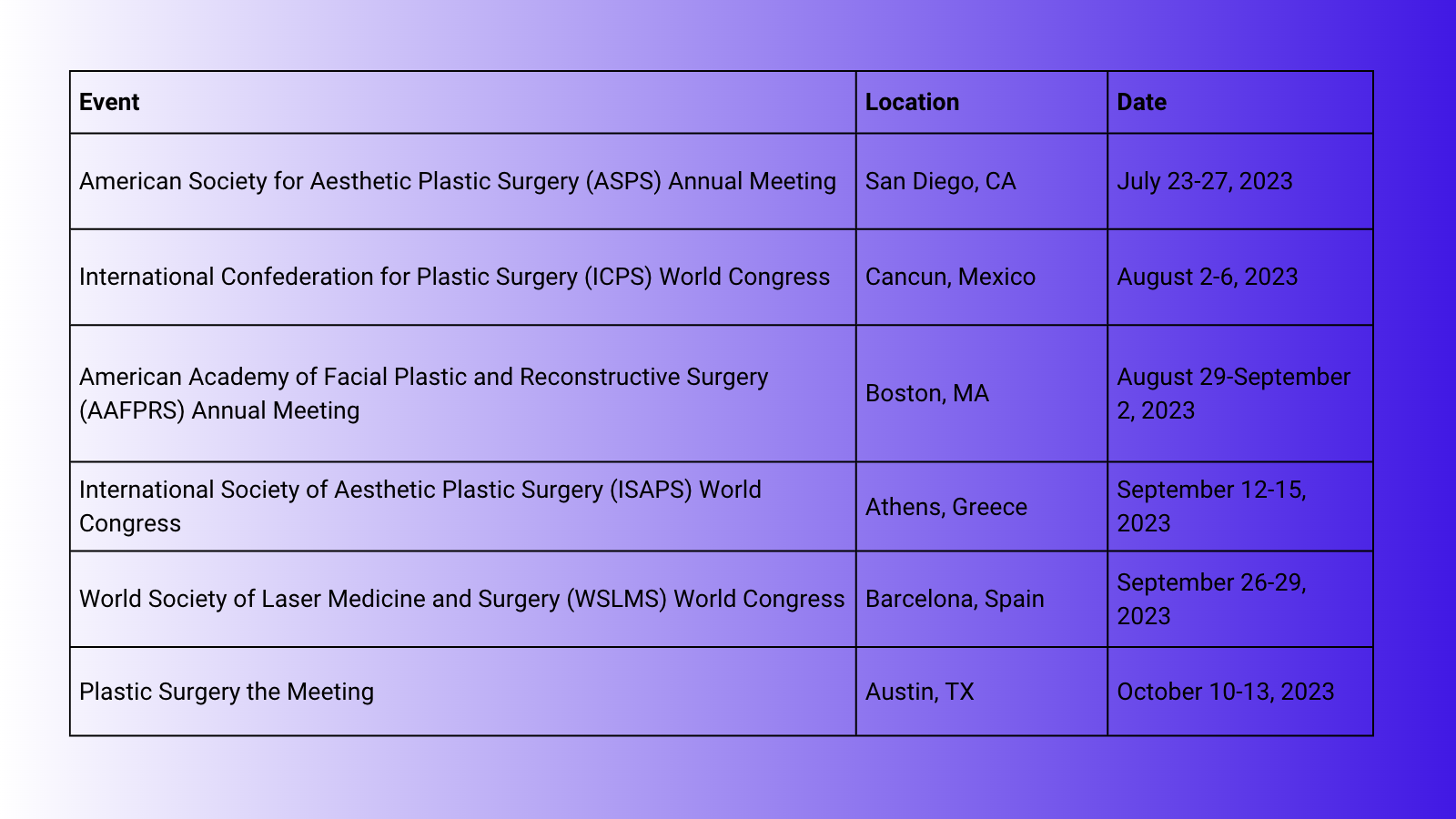
New Features
"Ask P'Fella" every week.
Introducing "Ask P'Fella" - Your new hotline.
I'm excited to get to know all of you better because you're all amazing. That's why I'm introducing a new section in our newsletter called "Ask P'Fella," where you can ask me anything you'd like.

Whether you're seeking advice on plastic surgery, career choices, study tips, or curious about the future of thePlasticsFella platform, this is your chance to get the answers you need. There are no boundaries to the topics you can explore!
How does it work? It's as easy as pie! Just send me your questions, and I'll personally respond with expert insights and guidance in the next edition. You have the power to shape the conversation, so don't hesitate to ask away!
Image of the Week
AI-generated clinical images
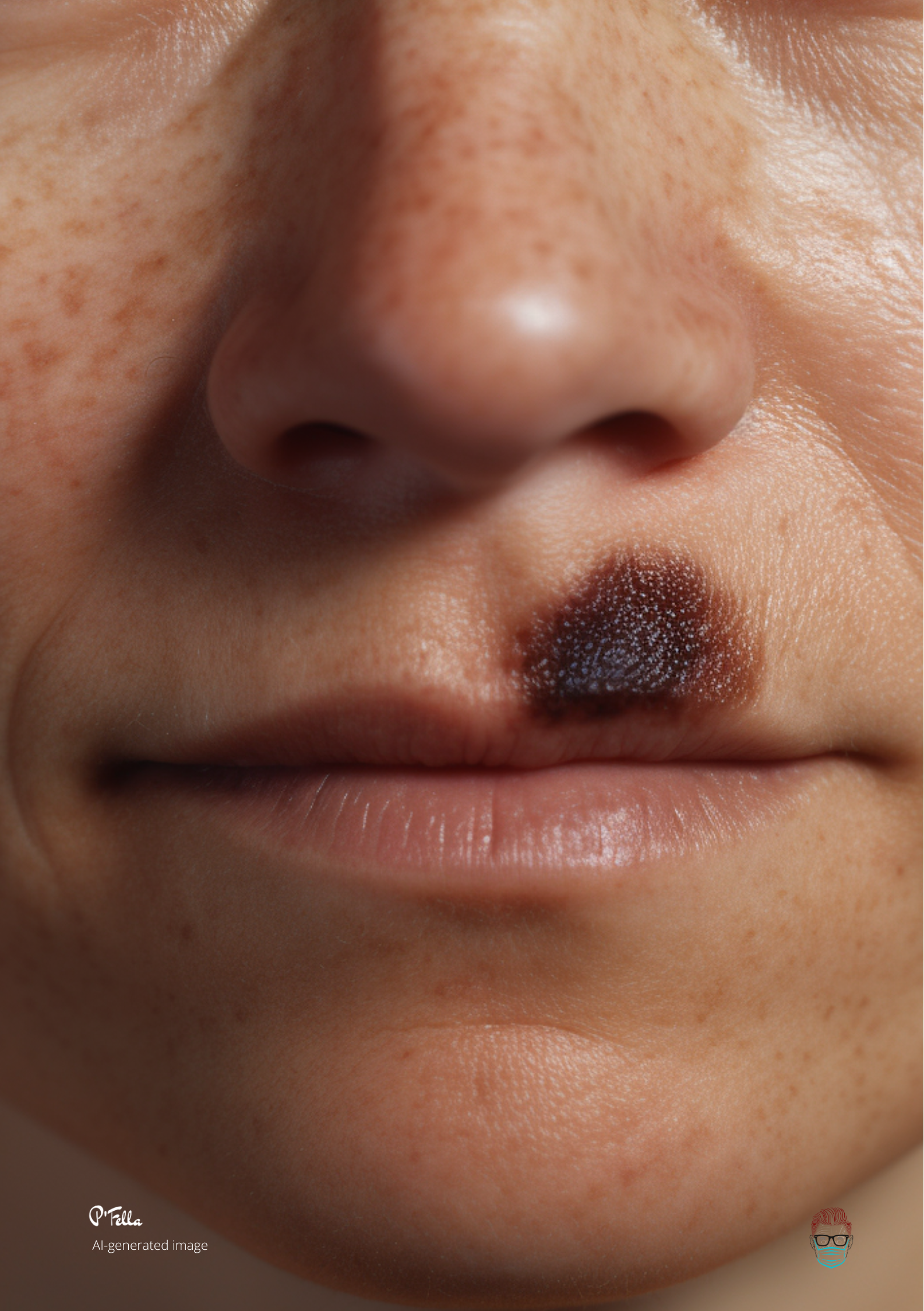
Tweets of the Week
Don't forget to follow P'Fella!
how would you reconstruct this?
— thePlasticsFella (@PlasticsFella) April 27, 2023
a congenital melanocytic naevus extends into the philtrum and across the vermilion border onto mucosa.
😅 pic.twitter.com/Axf3qbfkOX
Hand of an X-ray Technician at the Royal London Hospital in the 1900s.
— Historic Vids (@historyinmemes) May 20, 2023
Physicist Wilhelm Conrad Röntgen unveiled one of the most significant breakthroughs in medical history with the discovery of X-rays. While experimenting with cathode light's ability to penetrate glass,… pic.twitter.com/k6hWY2xhtS
The problem is not people being uneducated.
— Prof. Feynman (@ProfFeynman) May 19, 2023
The problem is that people are educated just enough to believe what they have been taught, and not educated enough to question anything from what they have been taught. 🧠
Ask P'Fella
NEW: You ask, I'll answer
Articles of the Week
3 must-read articles, 1 deep-dive! 📚
3 Must-reads
- Clinical Examination not needed?
Emanuelli et al. Preoperative Examination Is Not Associated with Postoperative Function following Radial Forearm Free Flap Harvest. Plastic and Reconstructive Surgery 151(5):p 828e-837e, May 2023 - Unraveling the Mysteries of the Superficial Fascia System - Plastic and Reconstructive Surgery, May 2023. Rohrich, Rod J. M.D.; Surek, Christopher C. D.O.; Cho, Min-Jeong M.D., Ph.D.
- Changes in Aesthetic Surgery Interest in Men
Published in Aesthetic Plastic Surgery, May 2023. Authors: Melinda Lem, Jason T. Pham, Joshua KyungHo Kim & Cathy J. Tang

How to cope with intra-operative errors!
Study highlights need for interventions/training to improve coping skills/support for surgeons & staff after intraoperative errors. Effective strategies: error disclosure, calmness, communication. Poor coping behaviors: anger, blame.


